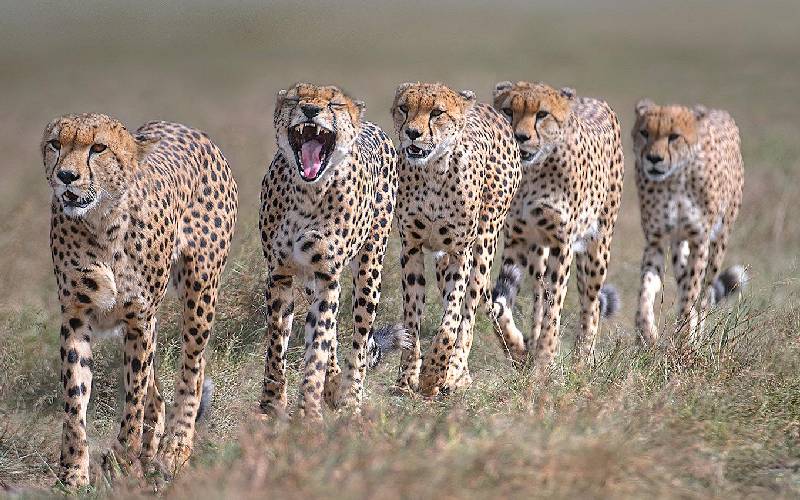×
The Standard e-Paper
Kenya’s Boldest Voice

Big cat lovers who might have toured the Masai Mara Game Reserve might have come across the five all-male cheetah pack popularly known as “Tano Bora” (super five) -an inseparable team that hardly miss their target.
Unfortunate local and international tourists might not see the five together again. Forever.